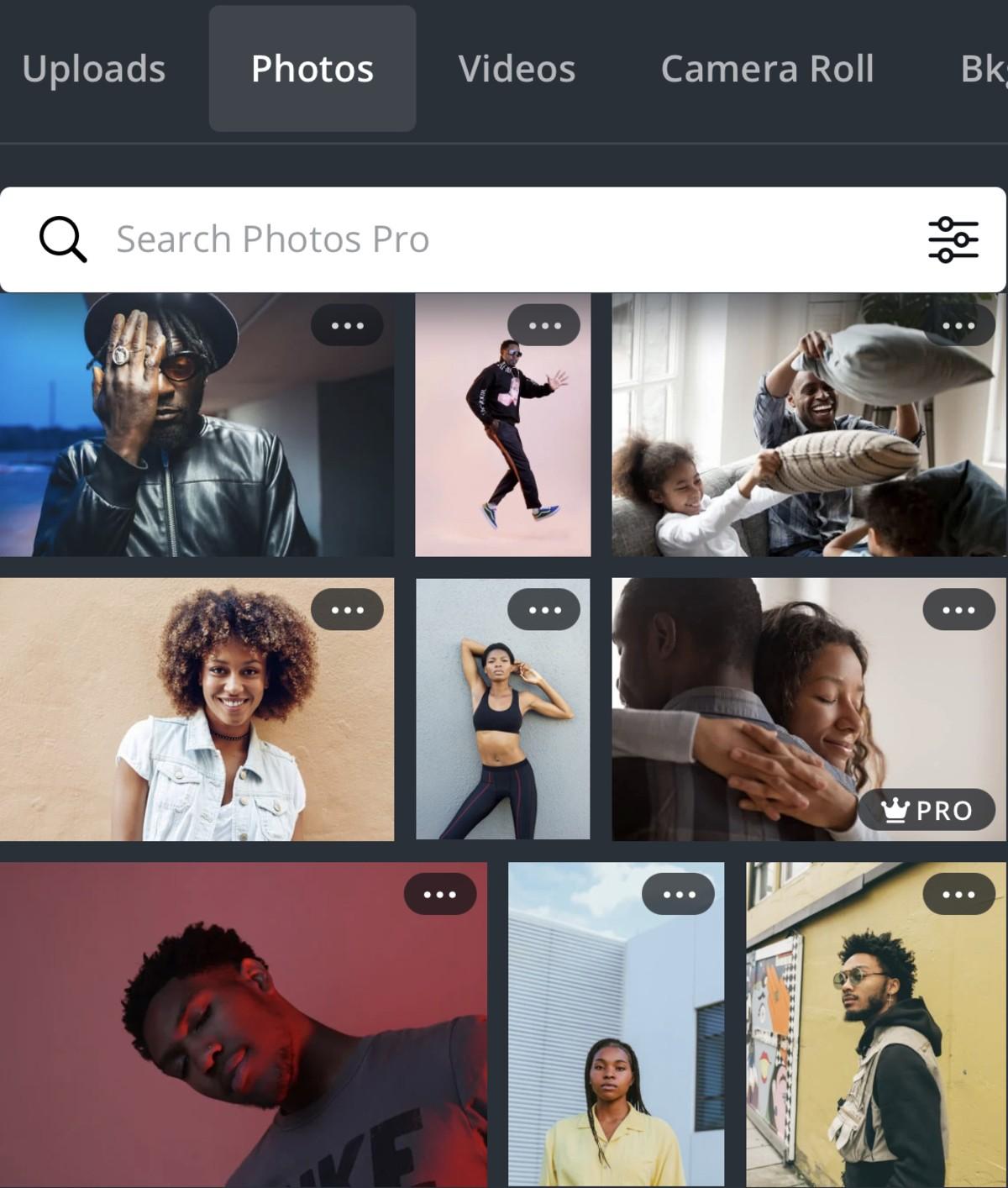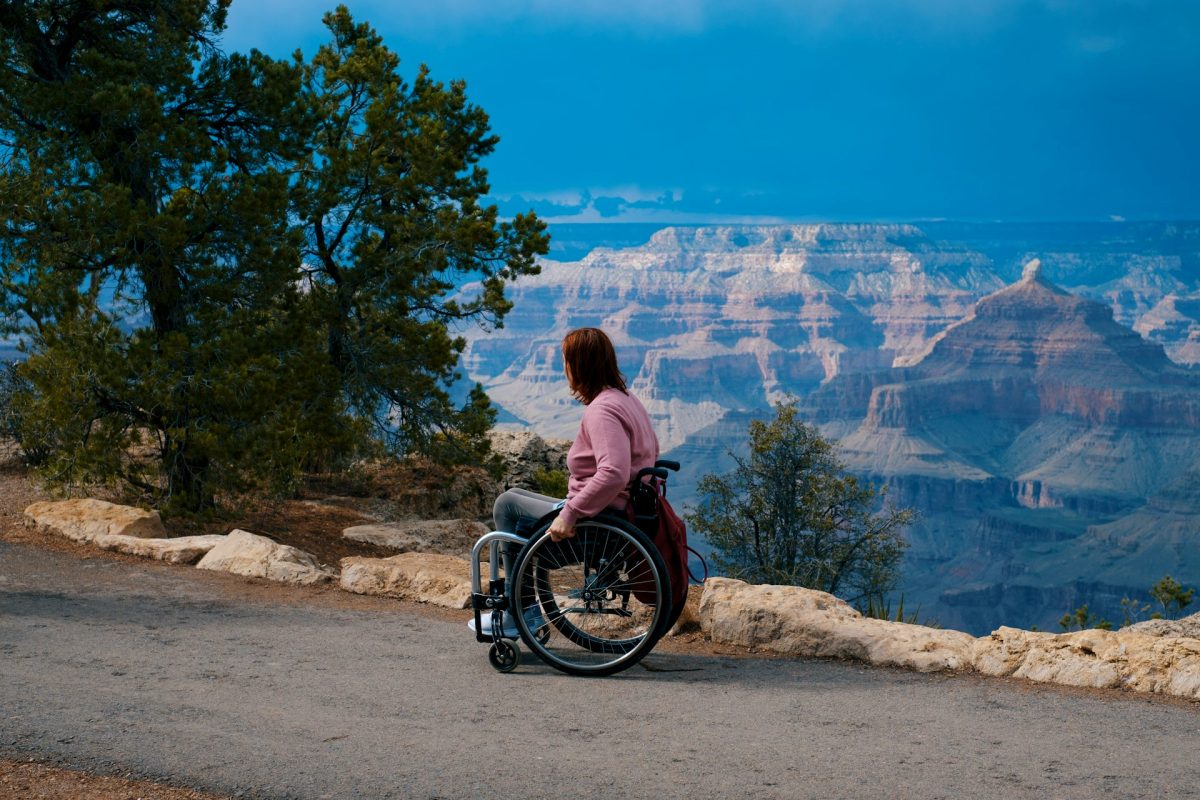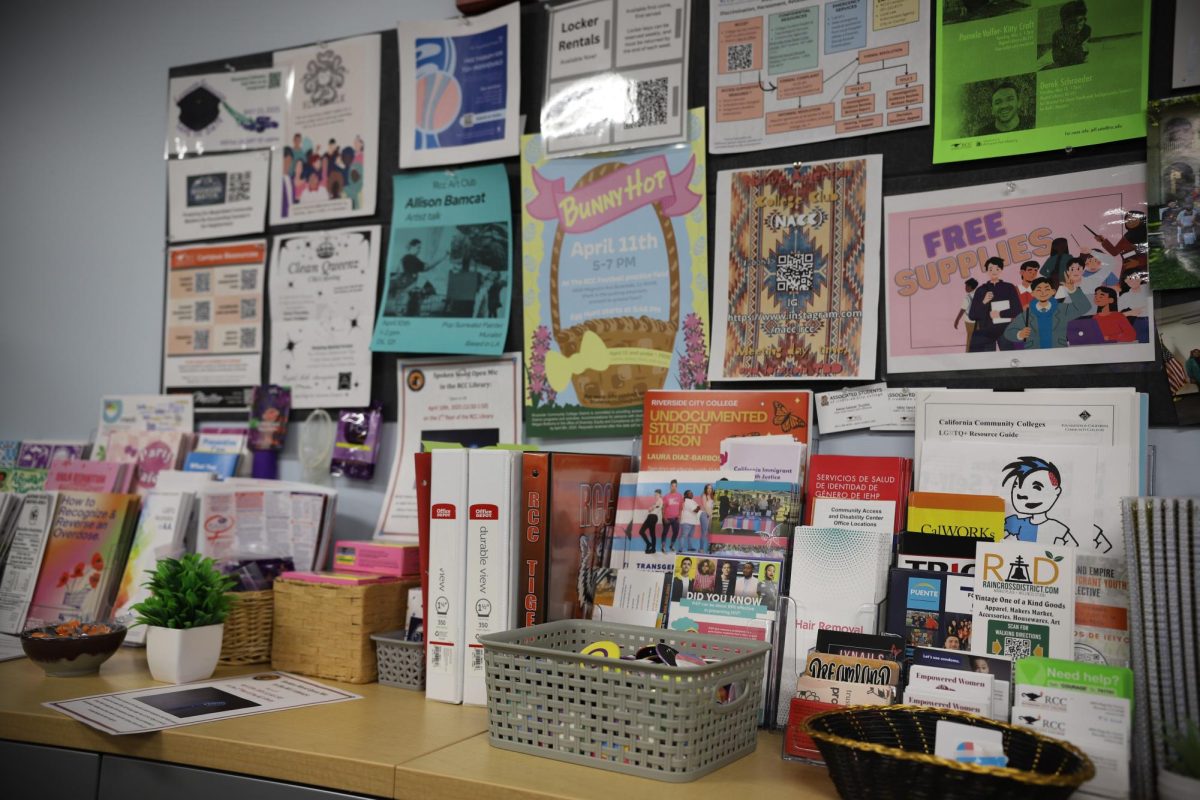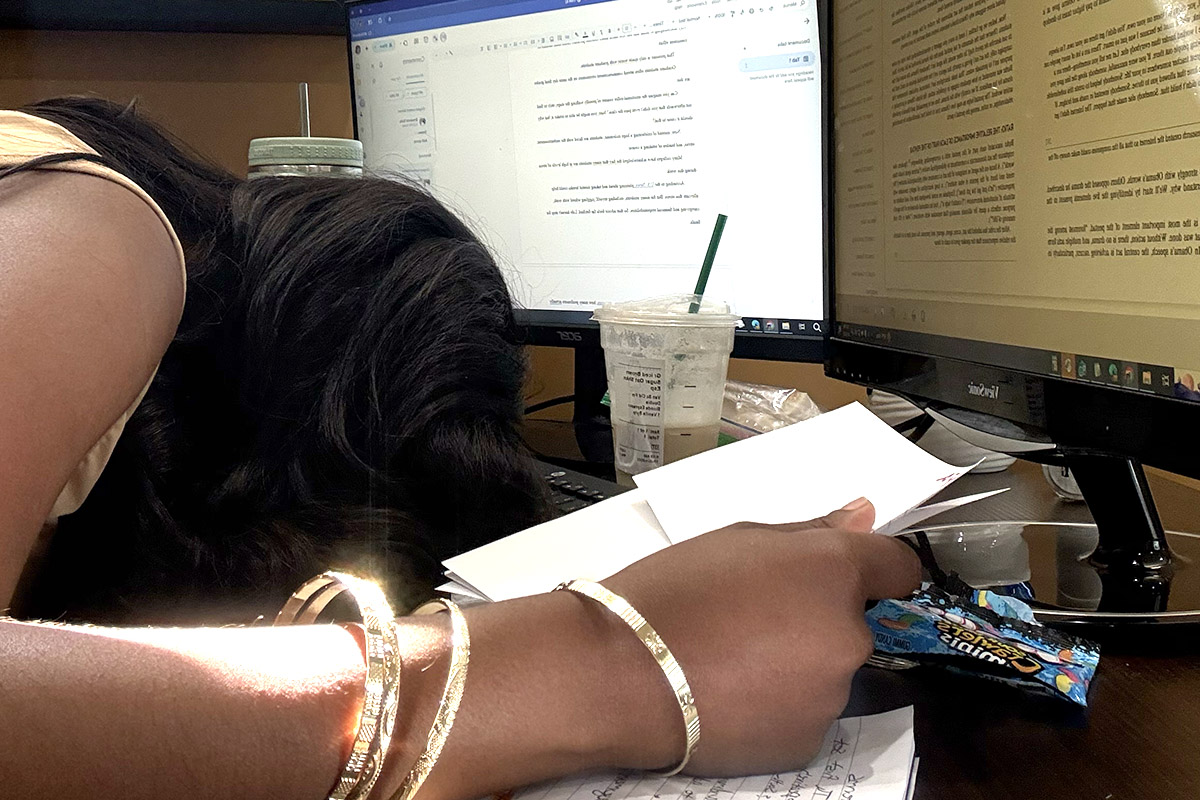
By Ashley Hayner
The color black is salient among many, now anyways.
Whether you agree with it or not, at one time you’ve heard the phrase “Black Lives Matter.” But it wasn’t until after George Floyd’s death May 25 that people worldwide began taking real notice as to why Black lives matter.
I say this sarcastically because real action only began after several years of Black Lives Matter being a well-known cause. The movement emphasizes the names of Black victims of police violence.
Between 2013 and now, many African Americans have been killed by law enforcement. The world said in May that enough was enough. We demand to be heard.
People came together and showed authorities and businesses they want to see change. This time around they had their ears open and their thinking caps on.
Black Out Tuesday on June 2 was done collectively to show support against racism and police brutality. This year’s Juneteenth was the first time some baby boomers ever heard of the holiday, even though it originated June 19, 1865.
Postmates, World Market, Costco and other big brands sent out emails reminding shoppers they stand with the movement. I received around 10 emails a day from anywhere I ever shopped.
“It is a time to come together in support of basic human and civil rights and to love one another unconditionally,” an email from PetSmart said.
How annoyed are you when watching TV and during commercial it’s the guy blabbing again about the bathroom cleaner that doesn’t work?
That’s exactly how I felt reading the unapologetic statements created by companies to help maintain their “Black business.” The “we stand with you” comes too late to be taken 100% seriously.
I enjoy Canva, an app for stock images and spreadsheets. Canva featured beautiful images, but no people who looked like me. I struggled to find pictures of people of color.
George Floyd’s passing brought an explosion of new stock images to choose from. Canva suddenly featured images of Indian, Chinese, African American and Cambodian people.
It took “The Simpsons” until 2020 to confirm that Black actors will play Black characters. It is mind-blowing that this is just now becoming a thing .
These changes are minuscule, to say the least. But I am glad people are finally taking notice. Netflix and the sudden increase in African American actors have created new opportunities for Black youth. But why the wait?
I appreciate the bloggers who recently created articles dedicated to recognizing Black people and their talents. But the sudden declaration of love for Black lives does not come off as genuine.
It is unlikely that these suddenly empathetic industries actually know the names of the people who had to die before Black people were given recognition on their platforms: Breonna Taylor, 26, Atatiana Jefferson, 28, Aura Rosser, 40, Stephon Clark, 22, Botham Jean, 26, Philando Castille, 32, Alton Sterling, 37, Michelle Cusseaux, 50, Freddie Gray, 25, Eric Garner, 46, Akai Gurley, 28, Tamir Rice, 12, Michael Brown, 18, and Tanisha Anderson, 37.
There are many more.
Still, the effort is appreciated. We had to start somewhere.







Paul Quick • Oct 15, 2020 at 9:06 pm
Well said and we will indeed see in the years to come it this is just another moment or indeed a movement.